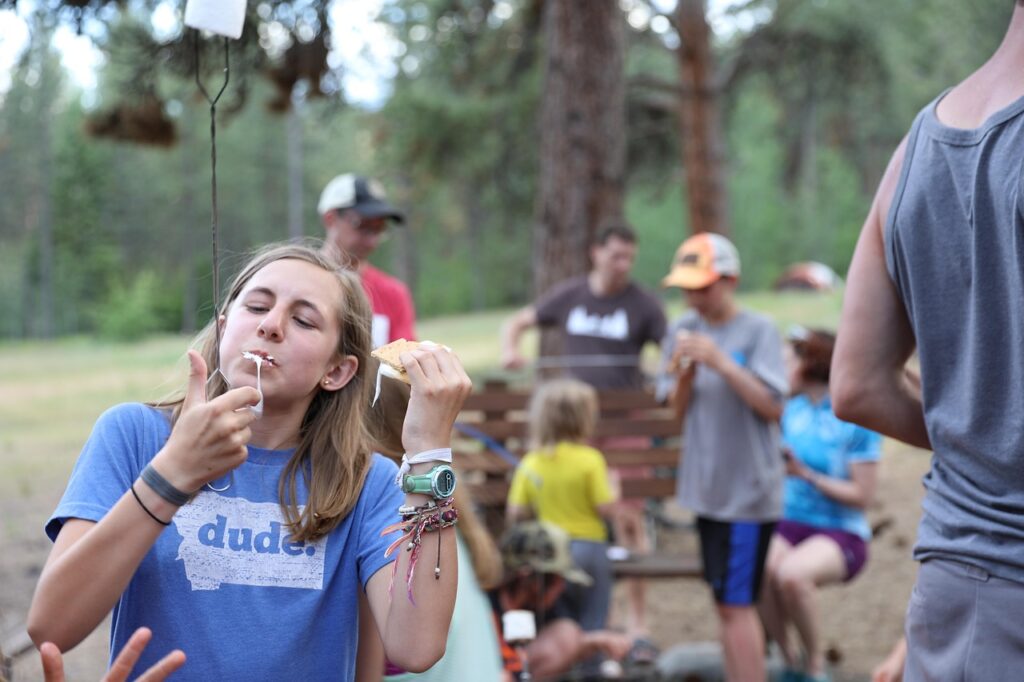Co-parenting, much like essentially everything in our world, has been thoroughly over analyzed and picked apart. There are even cute alliterations to describe your specific type of dysfunction, so take a moment and do some introspection. Are you and your ex cooperative colleagues, angry associates, or even fiery foes? I’m dying to know. This elementary breakdown of such a serious issue seems unnecessary to say the least but they do continue past the catchy titles to describe and explain the co-parenting do’s and don’ts.
I, like seemingly everyone else in my young generation, am the child of divorced parents and I am going to share with you my personal take on what parts of co-parenting hurt the worst and on the flip side, help the most.
The ideal situation is when a divorced couple somehow maintains a friendly relationship and communicate often, the kids feel comfortable being with both of them simultaneously and don’t have to worry about civil war erupting at innocent events like their middle school parent teacher conferences. This type of co-parenting relationship is rare and if you are fortunate enough to be playing any role in such a situation then you wouldn’t be online reading about successful co-parenting strategies so I will assume nobody reading this has that luxury.
The more common co-parenting situation is where the divorced couple openly dislikes each other and is resentful for the entire world to see. The children still may spend time with both parents but constantly hear that they are only doing this to preserve their apparently predictably fragile mental health. When someone is doing something for you and they tell you that they are doing it because they fear you’ll have long-term psychological issues if they don’t, the deed loses a bit of authenticity and otherwise normal parenting moments begin to seem much more forced. The children begin to see everything they do as “being like your mom” or “acting like your dad,” it can get confusing as to how you should act and what you should believe and although figuring out these questions is a crucial staple of life, I think it is more healthy if you can do so without being pulled apart like a piñata in the close intimacy of your immediate family. These teetering co-parenting relationships can last for quite a long time and usually evolve into a mundane routine of emotionless parental interactions that cause more damage than they are worth.
It’s not hard to tell what co-parenting styles and scenarios are damaging the children involved. The children will either be angry, my favorite because it’s so easy to spot, or they will be very passive and closed off and will have just about every sign of being morbidly sad except saying that they are morbidly sad. If a couple can’t work out a healthy co-parenting plan I think it is often better to ditch that idea all together and let the more involved parent raise the kids. This is obviously not ideal nor “politically correct” but at a certain point it becomes obvious who really cares about the children and who the children go to for support in tough times. This goes against the advice of many published pieces by experts in the field who call this “dissolved duo” strategy “detrimental to the children.” This strategy is undeniably detrimental to the children’s relationship with one parent but I think that it also can alleviate a ton of the everyday stress and headache that goes along with being a POW of two enemy camps, it’s much less exhausting and can let children begin to grow externally in other areas rather than having all of their time and emotional energy devoted to the co-parenting battle.
Call Elise Buie Family Law Group, PLLC to schedule a consultation.











